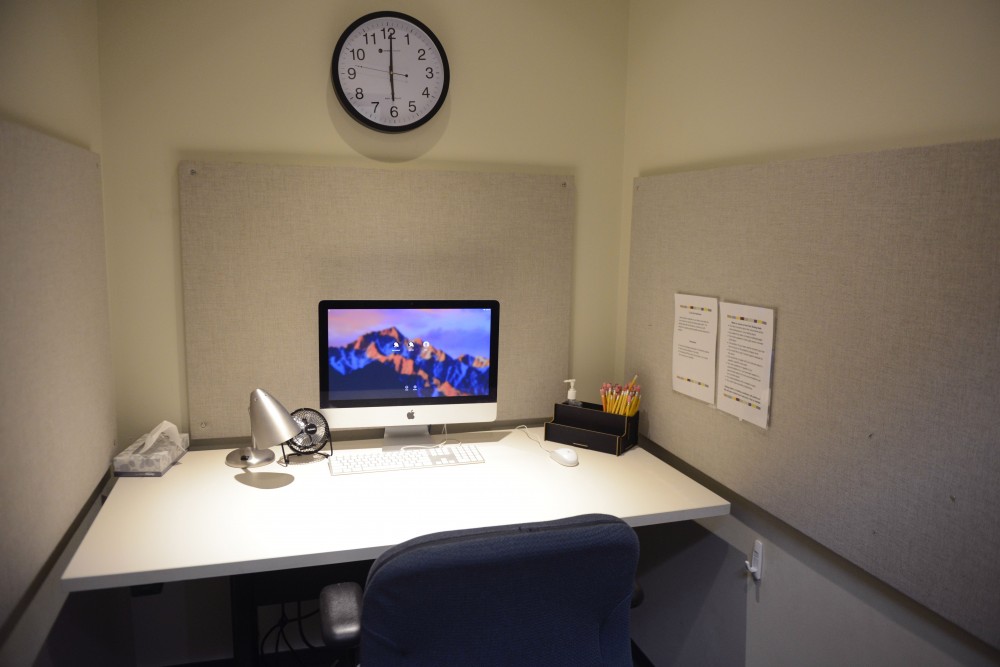The University of Minnesota Disability Resource Center is seeking faculty help to support growing numbers of students using testing accommodations on campus.
With the existing test-taking facility filled over capacity for the last several years, the DRC has resorted to using spaces like offices and even using a hotel to accommodate students. DRC leadership says if the University doesn’t allocate more resources to testing accommodations, they won’t be able to serve all the students who need them.
In the 2017 fiscal year, the DRC administered 9,681 tests — over twice as many as in 2012, according to DRC data. Accommodations like quiet spaces, private rooms and extra time on exams are available to eligible students with disabilities who register with the DRC.
While professors are typically supposed to administer these exams and use the DRC as a resource if they can’t provide the accommodations, many students and faculty go straight to the DRC for testing accommodations, said DRC Director Donna Johnson.
“We are a service to faculty [that administers] tests when they are not able to,” said DRC Associate Director Scott Marshall. “The exams we administer — these are situations where faculty have either said, ‘I can’t accommodate this student taking this test,’ or they never thought it was their responsibility to accommodate that student.”

While finding another testing room would temporarily solve the space shortage, Johnson said she hopes to develop long-term solutions that will increase accessibility for students. As part of their efforts to engage faculty on this issue, Johnson and Marshall have been speaking at University Senate governance meetings for the last year.
“This is a shared responsibility between us and the University,” Johnson said.
During midterms and finals, the DRC rents out space at the Graduate Hotel on Washington Avenue because the center’s testing facility isn’t big enough to meet student needs, but this strategy isn’t sustainable, Johnson said.
“We have been getting creative about how we can do this,” Marshall said. “People in the DRC have given up office spaces for students, sometimes students wear earplugs.”
DRC employees and faculty have proposed a range of ideas to address the increased demand for accommodations, including using proctors to monitor student testing on the department level.
Mark Bergen, a marketing professor in the Carlson School of Management, suggested using technology like online proctorial exams to meet student needs at a November faculty governance committee meeting.
In recent years, certain classes at the University started using proctorial exam software, which lets students take online exams anywhere and monitors their movements during the test.The DRC is considering this as an option, Marshall said.
The center is also looking to cross-college collaborations to address the space shortage. Amy Kampsen, College of Education and Human Development’s director for student services, said CEHD and the DRC are in the early stages of a partnership seeking to meet student testing needs.
The project may include a pilot exam program, Marshall said.
Other universities nationwide are also searching for resources to support the increasing numbers of students using testing accommodations.
Recently, the University of Kentucky Disability Resource Center has seen a sharp rise in the number of tests they administer annually, said David Beach, director of the University of Kentucky DRC.
“During peak times, our seats aren’t enough. We have talked about this issue, but we have not figured out what we are going to do,” he said, adding that they often have to use classroom space during midterms and finals.







